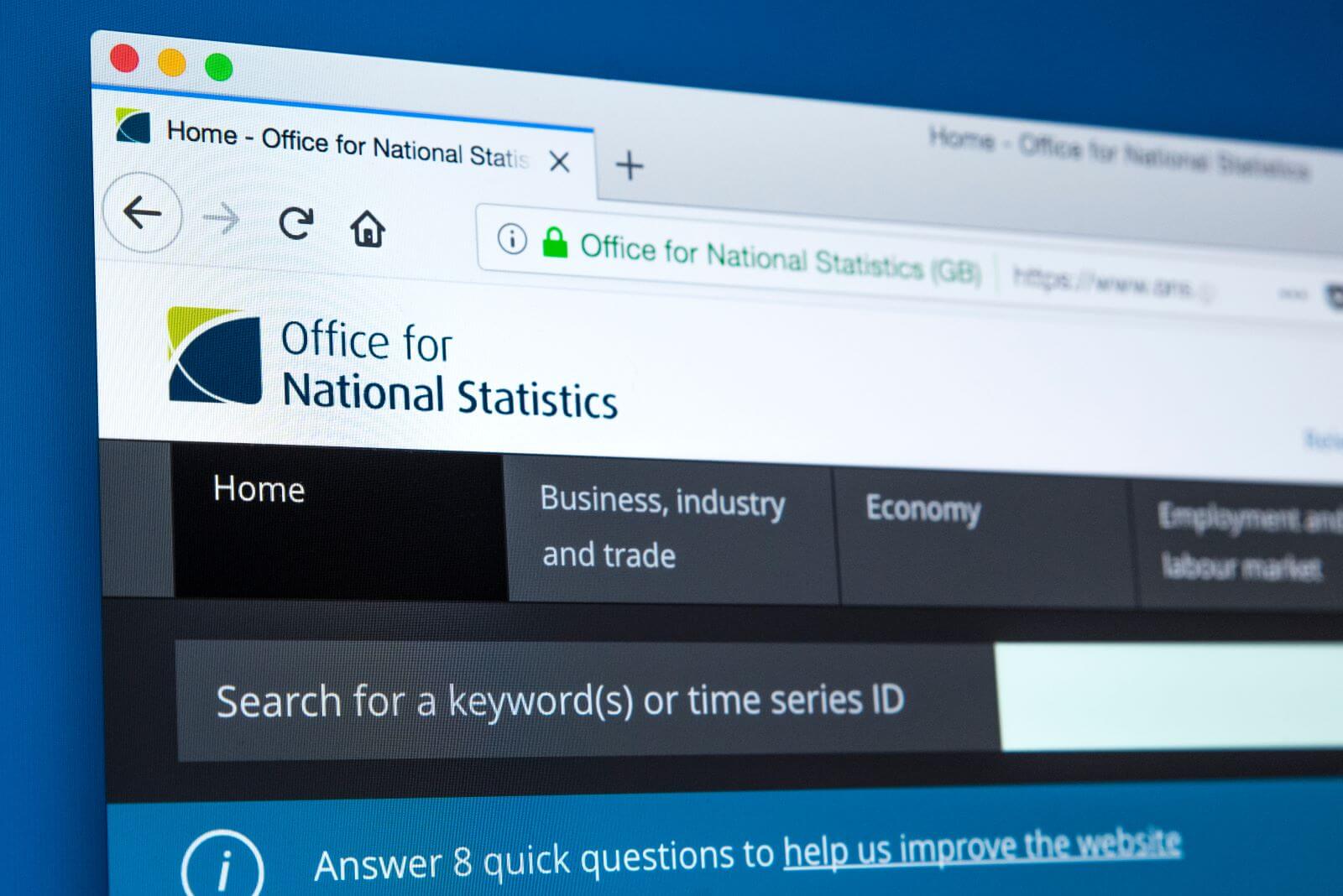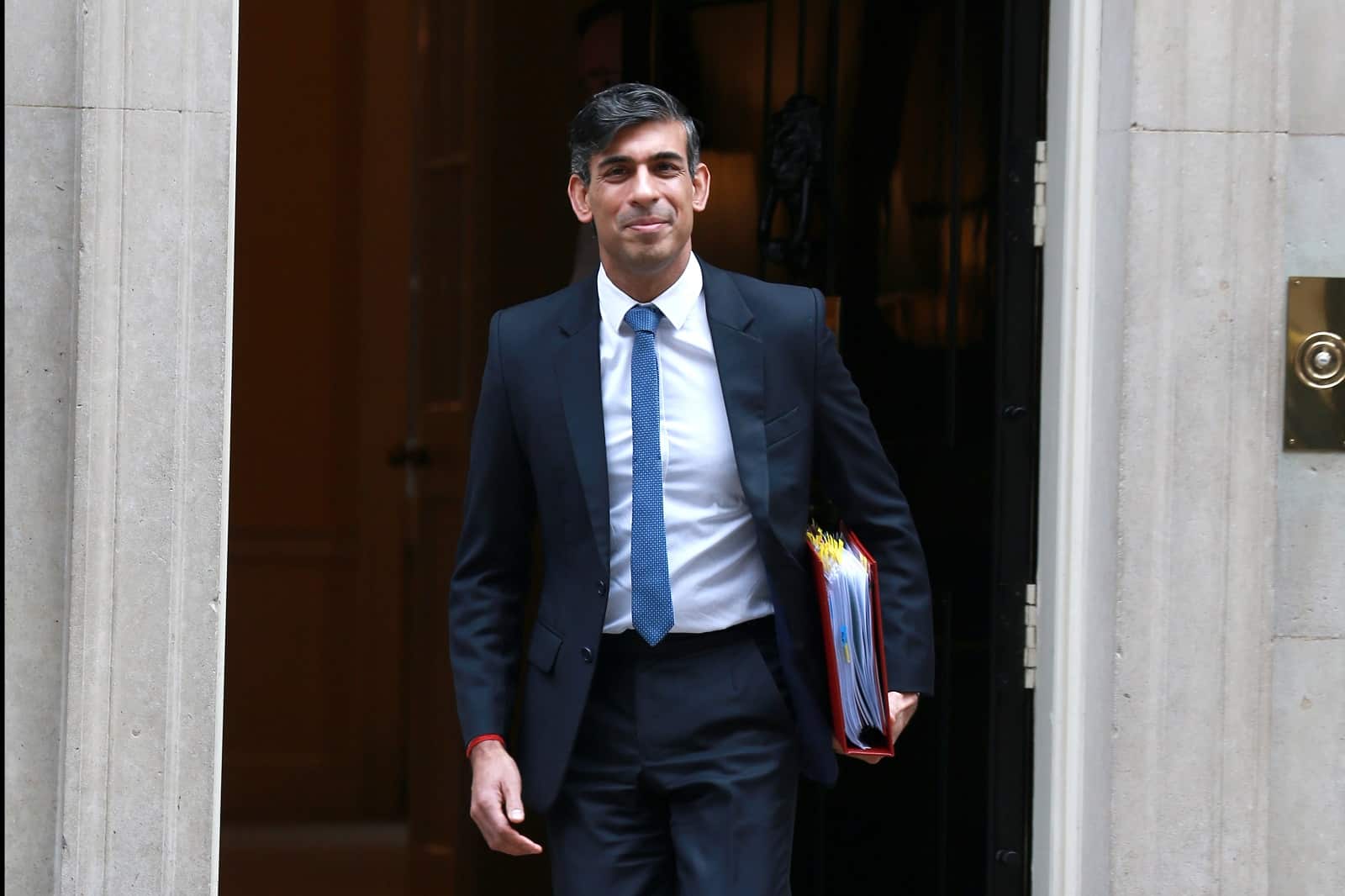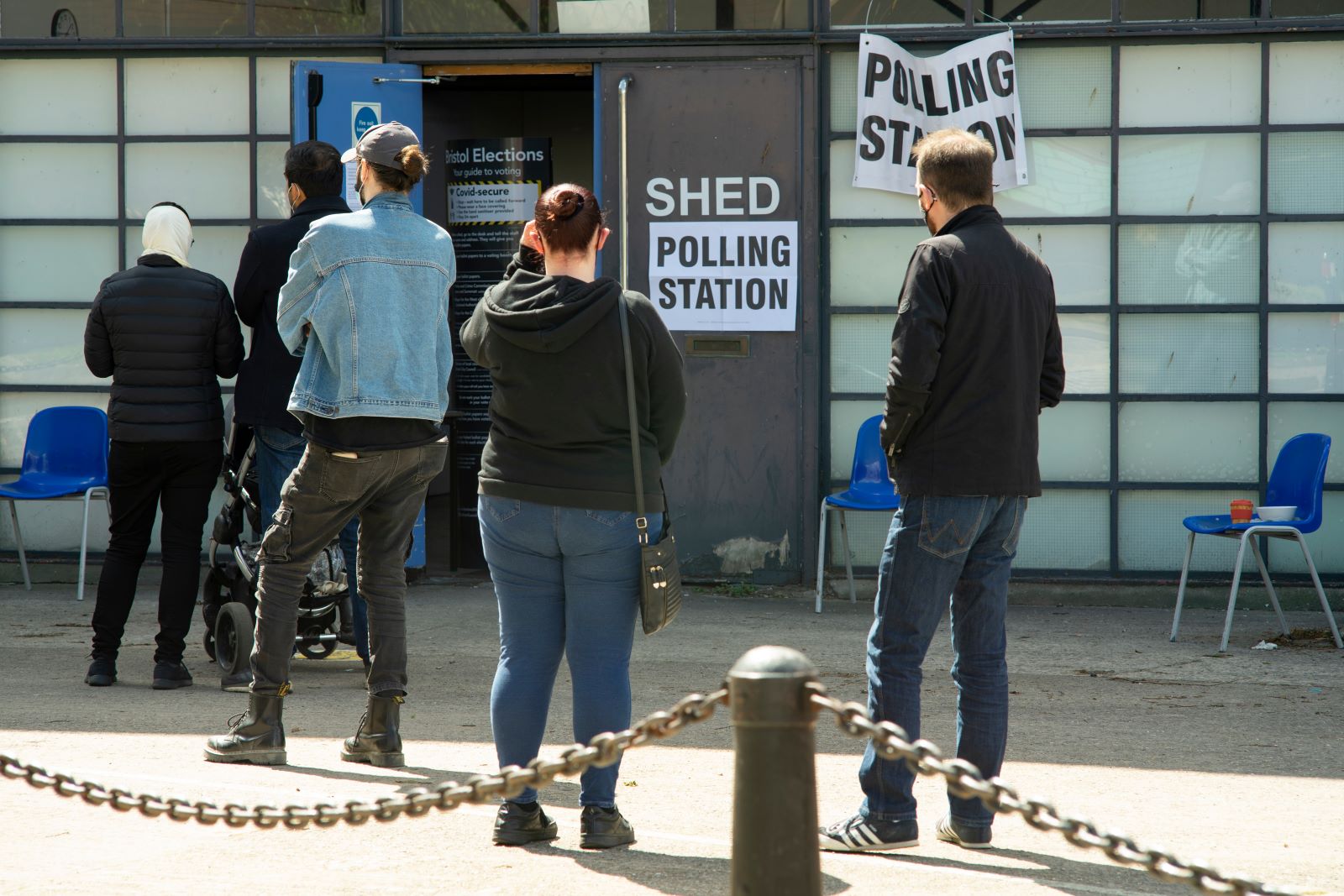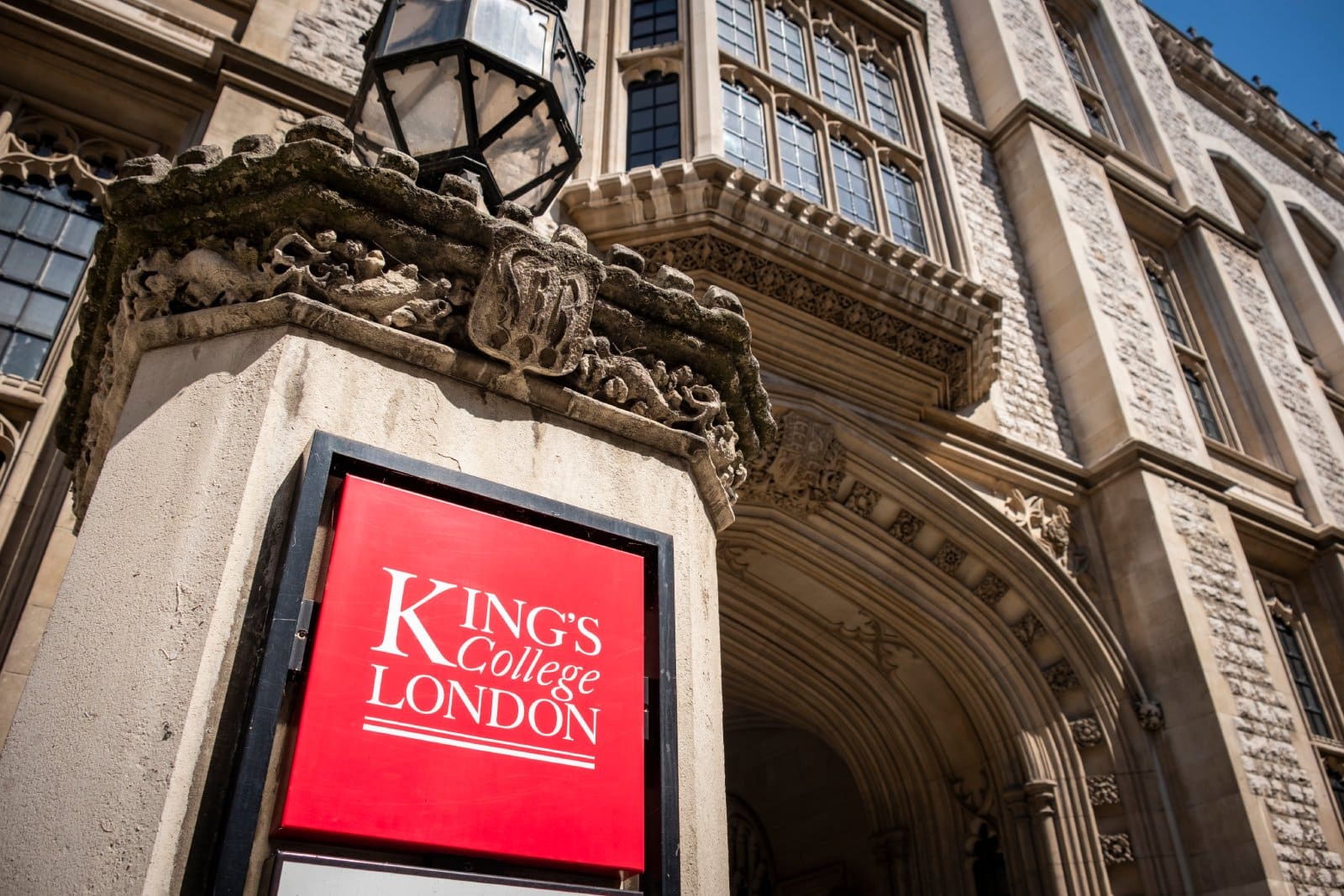The UK is facing a significant rise in unemployment, leading the fastest increase among wealthy nations, driven by economic shifts, employer strategies, and a persistent skills gap. Here’s the full story.
Economic Concerns Surface

In an election campaign where Labour and the Conservatives attempt to stress their commitment to economic credibility, newly released figures have shown that the situation may not be as rosy as either would hope.
Unemployment on the Rise

According to the Trades Union Congress (TUC), the UK experienced a significant increase in unemployment in the first quarter of the year, marking the fastest rise among the 38 wealthiest countries in the world.
Preceding Official Figures

In yet more bad news for political leaders, this surge was noted even before official labor market figures, expected to reveal further joblessness, were released.
Comparison with Costa Rica

The TUC’s analysis of the Organization for Economic Cooperation and Development (OECD) data highlighted that only Costa Rica faced a similar rise in unemployment between January and March.
Nationwide Impact

The increase in joblessness affected every region in the UK and was especially pernicious when coupled with a declining number of job vacancies around the country.
Skills Mismatch

This situation is due in large part to a mismatch between what employers are looking for and what is available in their local market. Many employers report that they are struggling to find workers with the right skills to fill their vacancies.
Rising Unemployment Continues

While this dislocation occurs, potential workers are left without a job, and unemployment continues to rise.
Signs of Recovery

There was some good news, as despite the rising unemployment figures, the UK economy had begun to show slight signs of recovery.
Post-Recession Growth

The Office for National Statistics (ONS) reported that the UK had exited last year’s recession, achieving a 0.6% growth in the first quarter.
Increased Confidence

Thanks mainly to the recession being left behind, business confidence was on the rise, and consumer sentiment has begun to improve due to higher disposable incomes.
Job Security Lags

However, despite these positive indicators, the results did not translate into job security, as employers continued to reduce their workforce.
Planned Redundancies

Research by the Chartered Institute of Management (CMI) revealed that more UK employers planned redundancies and hiring freezes in the first quarter compared to last year.
Recruitment Freeze

The survey of nearly 1,000 managers showed that 35% of organizations intended to freeze (21%) or reduce (14%) recruitment in the following six months.
Rising Intentions to Cut Jobs

This was a significant increase from the previous year when the combined total was 24%, and from the summer of 2022, when it was just 15%.
Reasons for Workforce Reduction

Several factors influenced employers’ decisions to freeze or reduce recruitment. The CMI survey indicated that 60% of managers blamed declining revenues or rising costs, while 55% cited organizational restructuring to minimize expenses.
Economic Uncertainty

34% of the respondents cited increased economic uncertainty as a reason for reducing their workforce. Additionally, 19% pointed to higher staff pay, and 13% noted the increased use of digital technology and automation as reasons for reducing their workforce.
Public Sector Challenges

Public sector employers were particularly impacted, with three-quarters planning to reduce staff numbers primarily due to budget cuts.
Budget Cuts and Job Losses

This trend is unsurprising, as a Conservative government ideologically opposed to raising taxes struggled to find savings by cutting public services.
Falling Job Vacancies

The latest ONS labour market report showed a decline in job vacancies across the UK, with a reduction of 26,000 to 898,000 in the three months leading to April.
Labour Market Dislocation

This drop in vacancies further illustrated the dislocation between the demand for skilled workers and the available job opportunities, contributing to the rising unemployment rate.
TUC Criticism

The TUC general secretary, Paul Nowak, stated that the poor economic performance and the increase in unemployment “just how out of touch Rishi Sunak and his government are – and this complacency is costing Britain dear.”
Prime Minister’s Economic Boasts

Nowak continued, “The prime minister’s economic boasts are frankly laughable.”
Call for Skill Investment

To combat the rising unemployment, the OECD has urged policymakers to invest in workers’ skills, addressing the mismatch between employer needs and the existing workforce capabilities.
Need for Training Programs

Enhancing skill development and training programs is essential for reducing unemployment and fostering a more robust and resilient labor market. Still, with services increasingly being cut, there is a gap between what is needed and what is available.
Ongoing Economic Struggles

The UK seemingly cannot catch a break regarding economic news. Following years of a cost of living crisis, stubbornly high inflation and interest rates, some light appeared at the end of the tunnel with the first feeble signs of growth.
Election Implications

However, the country’s rapidly rising unemployment rate is another economic issue to which neither party has yet proposed a realistic solution.
Impact on Voter Decisions

As the election draws ever closer, it remains to be seen if the rising unemployment level will be a significant factor in voters’ decision on who will be best placed to manage the country’s economy.
25 Things You CAN’T Talk About Anymore

Remember the days when you could freely discuss just about anything without fear of sparking controversy? Well, those days are long gone. In today’s hyper-sensitive world, there are topics so fraught with tension that even mentioning them can lead to heated debates and hurt feelings. 25 Things You CAN’T Talk About Anymore
Stranded: 15 Worst British Cars in History

Ever had a car that spent more time with the mechanic than on the road? A car that turned every journey into a game of “Will we actually get there?” If so, you might just see a familiar face (or should we say, chassis) in our countdown to the most unreliable British car in history. Stranded: 15 Worst British Cars in History
“Britain Will Become Unrecognizable” – Suella Braverman Spells Disaster for UK Amid Steep Rise in Visas Issued

Former Home Secretary Suella Braverman has warned that Britain will become “unrecognizable,” criticizing the amount of work visas the Home Office has approved, despite only being removed from her role in November. “Britain Will Become Unrecognizable” – Suella Braverman Spells Disaster for UK Amid Steep Rise in Visas Issued
20 Things From the ‘70s That Are Not OK Today

Step into the time machine and set the dial to the 1970s, a decade of disco, bell-bottoms, and some rather questionable choices. While the ’70s gave us iconic music and groundbreaking TV, not everything from this groovy era would get a green light today. 20 Things From the ‘70s That Are Not OK Today
20 Best and Worst Universities in the UK

Navigating the UK university landscape is like deciphering a complex code of rankings, reviews, and reputations to uncover where you’ll not just learn, but truly flourish. Whether you’re drawn to the historic halls of Oxford or the creative buzz of Goldsmiths, finding your perfect fit is about aligning your aspirations with the unique offerings of each institution. 20 Best and Worst Universities in the UK
The post Bad News for Political Campaigns as UK Unemployment Rate on the Rise first appeared on Edge Media.
Featured Image Credit: Shutterstock / Luna Vandoorne.
Grant Gallacher is a seasoned writer with expertise in politics and impactful daily news. His work, deeply rooted in addressing issues that resonate with a wide audience, showcases an unwavering commitment to bringing forth the stories that matter. He is also known for satirical writing and stand up comedy.

